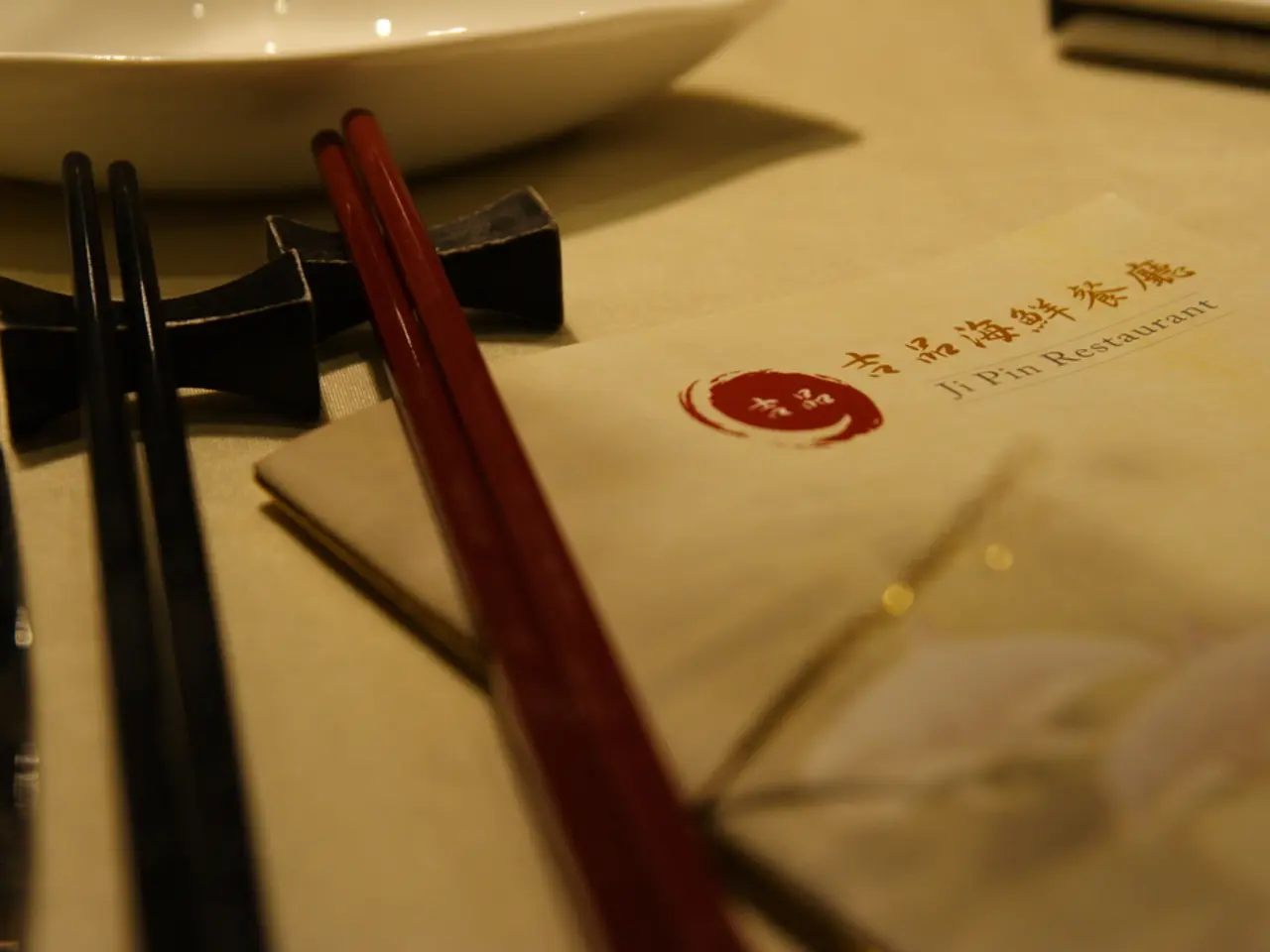Intel CEO Responds Following Trump's Call for Resignation
In the ongoing economic and political rivalry between the United States and China, the focus has shifted towards computer chips, AI, and other digital technologies. This rivalry has recently brought Intel CEO Lip-Bu Tan into the spotlight, as questions have been raised about his investments in Chinese companies, some of which are blacklisted by the U.S. for human rights abuses and military connections.
Senator Tom Cotton has been at the forefront of these concerns, having requested Tan to divest his interests in companies linked to the Chinese Communist Party (CCP) and the People's Liberation Army (PLA). However, as of August 2025, there is no evidence that Tan has complied with these demands.
Tan's venture capital firm holds significant investments in around 600 Chinese companies, including the Semiconductor Manufacturer International Corporation (SMIC), which has alleged ties to the Chinese military and CCP. The House Select Committee on the Chinese Communist Party raised "serious concerns" about these investments in 2023, and Senator Cotton publicly questioned Tan's ties and urged divestment.
The controversy has escalated to such an extent that Tan was even called to the White House, where initially, the President called for his resignation. However, this call was later retracted. Tan has responded to the situation, stating that he has always followed proper standards.
Intel, on the other hand, has emphasised its commitment to advancing U.S. national and economic security interests. The company is making significant investments aligned with the President's America First agenda. In response to the concerns raised about Tan's investments, Intel is in contact with the Trump administration to address these issues.
Tan has also addressed misinformation about his past roles at Walden International and Cadence Design Systems. Despite the controversy, Intel's stock rose slightly in premarket trading on Friday.
Senator Cotton has further expressed his concerns about Tan's ties to these companies in a letter to Intel Chairman Frank Yeary. The specific details about Tan's divestment from the companies linked to the CCP and PLA are not yet clear.
As the rivalry between the U.S. and China intensifies, the scrutiny on Tan's investments is expected to continue. The outcome of this situation could have significant implications for the tech industry and the broader geopolitical landscape.
- The ongoing political and economic conflict between the United States and China has also put Microsoft, based in Seattle, under scrutiny, as their policy-and-legislation department might be called upon to address Tan's investments and their impact on business.
- With the expansion of political concerns, general news outlets have started covering the situation more broadly, discussing not just the computer chips and AI technologies involved, but also the role of politics in shaping business relationships between the two superpowers.
- Given the elevated nature of the issues at stake, various businesses, including Intel, might need to consider and clearly state their policies regarding investments in companies with ties to foreign governments, such as the Chinese Communist Party and the People's Liberation Army.




